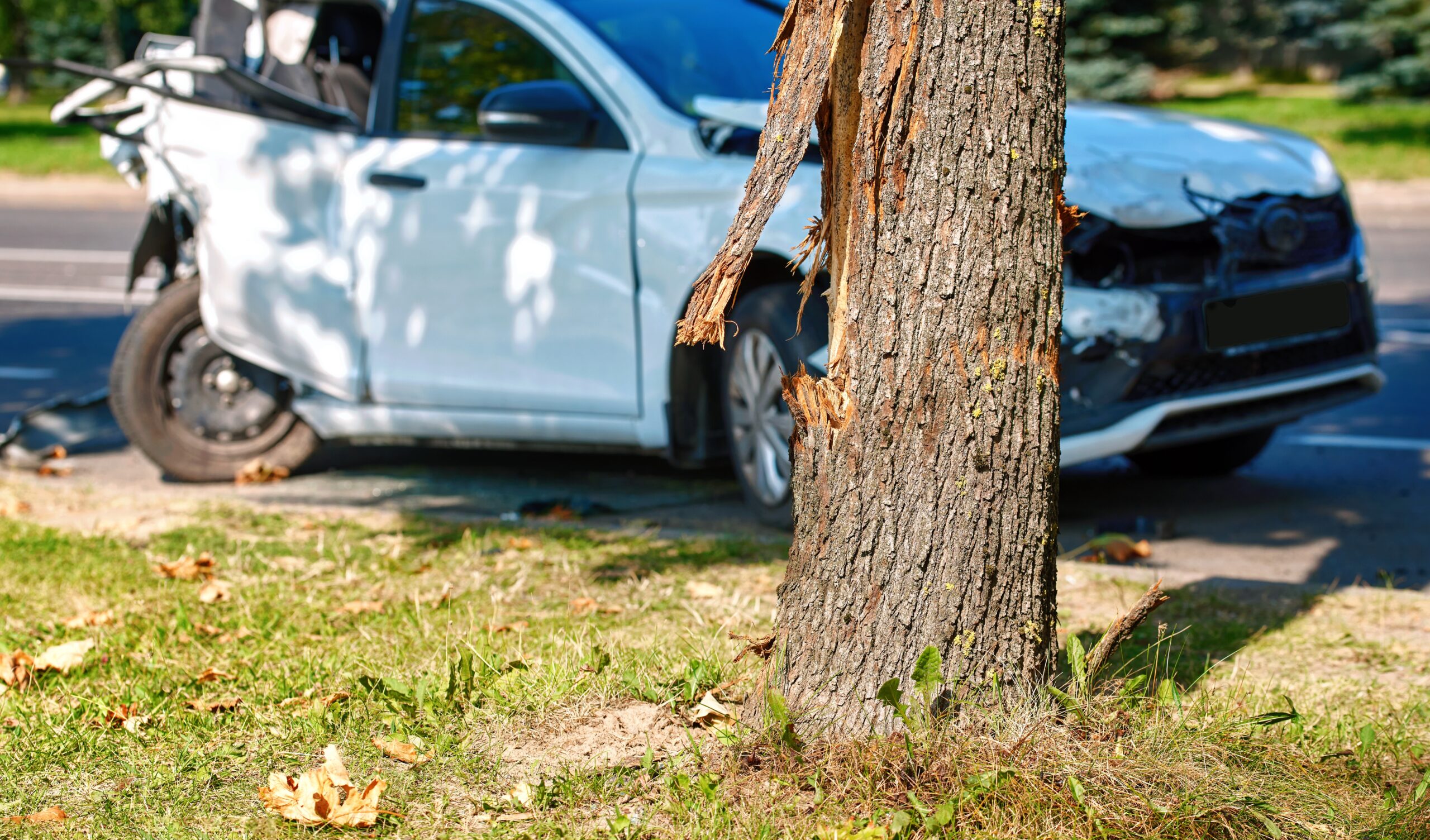
Speed limits exist for one reason: safety. Yet every day, thousands of drivers ignore them, and the consequences are devastating. According to the National Highway Traffic Safety Administration (NHTSA), speeding is a factor in nearly 29% of all fatal motor vehicle crashes in the United States. That means almost one in three deadly crashes involves a driver going too fast.
Speeding doesn’t just break the law — it destroys lives. A split second of reckless acceleration can turn an ordinary commute into a lifelong tragedy. Victims and their families are often left facing unbearable grief, financial strain, and unanswered questions about how something so preventable could happen.
This is where a Georgetown car accident lawyer from Maze Law Offices becomes indispensable. Skilled car accident and wrongful death attorneys understand how to investigate high-speed collisions, prove negligence, and ensure that victims—or grieving families—receive the compensation and justice they deserve.
Speeding might seem like a common or harmless behavior — something “everyone does.” But the data tell a much darker story. The NHTSA reports that in recent years, speeding has contributed to more than 12,000 traffic fatalities annually across the U.S. That’s roughly 33 deaths every single day due to excessive speed.

When drivers exceed the speed limit or drive too fast for conditions, they:
The physics are simple: speed multiplies force. A crash at 60 mph carries more than double the impact energy of a crash at 40 mph. That extra energy is transferred to the bodies inside the vehicle — often resulting in catastrophic injuries or fatalities.
Speeding can happen in countless ways, from open highways to city intersections. Some of the most common causes and situations include:
Drivers frustrated by traffic or late for work often weave through lanes, tailgate, and exceed speed limits. This aggressive behavior dramatically increases the risk of rear-end and side-impact collisions.
Younger drivers and sports car owners sometimes overestimate their control at high speeds. Sharp turns, sudden lane changes, and overcorrection at high velocity can quickly lead to disaster.
Speeding combined with distraction or impairment — such as texting, talking on the phone, or driving under the influence — creates a deadly mix. Even a brief glance away from the road at high speed means traveling dozens of feet blind.
Speed limits are set for ideal conditions. When roads are wet, icy, or foggy, drivers must slow down accordingly. Failing to adjust speed to match conditions is a form of negligence that frequently leads to serious crashes.
On rural roads or winding highways, visibility is limited. High speeds reduce the driver’s ability to react to sharp turns, animals, or oncoming traffic.
When speed is a factor, collisions tend to be more violent and destructive. Some of the most common types include:
Often fatal, head-on crashes occur when a speeding driver crosses into oncoming traffic — usually while overtaking or losing control on a curve. The combined impact force results in low survival rates.
At intersections, speeding drivers may run red lights or fail to yield, striking the side of another vehicle. These crashes frequently cause severe injuries to occupants near the point of impact.
High-speed rear-end crashes can cause spinal cord injuries, traumatic brain injuries, and death, particularly when the struck vehicle is stopped or slowing in traffic.
Excessive speed can cause loss of control, particularly in SUVs or trucks with higher centers of gravity. Rollovers often eject passengers or cause the roof to collapse.
Many speeding fatalities involve only one car — for example, when a driver loses control and strikes a tree, guardrail, or embankment. Passengers in these vehicles are still entitled to seek justice if the driver was negligent.
Under personal injury law, negligence means failing to use reasonable care. Speeding is one of the clearest examples of negligent behavior on the road. When a driver exceeds the speed limit or drives too fast for conditions, it shows a reckless disregard for safety.
However, proving negligence in a speeding accident requires evidence. A lawyer may use:
In fatal cases, proving excessive speed can make the difference between a small insurance payout and full compensation under wrongful death laws.
You need a skilled car accident attorney if your loved one was severely injured or killed by a speeding driver. A car accident lawyer can file a personal injury or wrongful death lawsuit for you, depending on whether your relative passes. Some of the critical duties that your auto accident lawyer will perform include:
Speeding accidents often require technical analysis — crash reconstruction, vehicle data downloads, and expert testimony. Lawyers coordinate these investigations quickly before the evidence disappears.
It’s not enough to show that a driver was speeding; your attorney must link that behavior directly to the injuries or death. They connect the dots between impact speed, reaction time, and collision severity to prove negligence beyond doubt.
Insurers routinely minimize payouts, even in fatal crashes. They may argue that the victim was partly at fault, failed to wear a seatbelt, or had pre-existing conditions. A lawyer fights these tactics, negotiates from strength, and refuses unfair settlements.
When speeding leads to loss of life, surviving family members may file a wrongful death lawsuit. A lawyer ensures that all eligible parties — such as spouses, children, or dependents — are included and that damages like lost future earnings, funeral costs, and emotional suffering are properly valued.
In catastrophic injury cases, compensation must cover not only current bills but future care, lost earning capacity, pain and suffering, and psychological trauma. Lawyers work with medical and economic experts to calculate a complete and fair value.
If insurers refuse to negotiate fairly, an experienced trial lawyer can take the case to court, present evidence before a jury, and pursue justice through a verdict.
Speed-related crashes don’t just destroy vehicles — they shatter families. Survivors often experience years of physical rehabilitation, while loved ones of deceased victims face unimaginable grief.
The cost of a fatal crash can exceed hundreds of thousands of dollars, including emergency response, hospitalization, funeral expenses, and lost lifetime earnings. Without legal help, many families are left with mounting debt while insurers delay or deny payments.
A compassionate car accident lawyer ensures that victims’ families aren’t forced to bear those burdens alone — holding negligent drivers and their insurers fully accountable.
Your car accident lawyer will take the lead during your case and do the following:
Having an experienced car accident attorney through this process ensures your family’s rights are protected every step of the way.
The value of a speeding car accident claim depends on the severity of injuries, medical costs, lost income, and pain and suffering. Claims involving long-term or permanent disabilities, emotional trauma, or wrongful death typically result in higher compensation. Property damage, future medical expenses, and diminished earning capacity also influence value. Every case is unique — insurance companies may offer less than what your claim is truly worth.
Speaking with an experienced car accident lawyer ensures that all damages are accurately calculated and that you receive the maximum compensation possible for your physical, emotional, and financial losses.
Speeding steals lives — suddenly, violently, and often without warning. Each severe or fatal crash represents more than a statistic; it’s a person’s future stolen and a family forever changed.
While nothing can truly make up for such a loss, the law provides a path to justice. Holding reckless drivers accountable through legal action not only provides financial relief but also ensures that their dangerous behavior doesn’t go unpunished.

A skilled Georgetown personal injury lawyer at Maze Law Offices is your strongest ally in this fight. They know how to uncover evidence of speeding, stand up to powerful insurers, and secure the compensation needed to rebuild what was lost. They can file a wrongful death lawsuit on your behalf and fight for the maximum compensation.
If you’ve suffered the unthinkable — losing someone you love or facing life-altering injuries due to a speeding driver — reach out for help today. The sooner you take action, the sooner you can begin the journey toward justice, closure, and healing. Speak to our car accident attorneys today at, (859)882-9999, for a free consultation.
First, contact law enforcement and ensure a full accident investigation is conducted. Obtain the police report, medical records, and contact information for witnesses. Then, reach out to an experienced wrongful death attorney as soon as possible. An attorney can preserve evidence, handle insurance claims, and file a wrongful death lawsuit to recover compensation for funeral costs, lost income, and emotional suffering.
Yes. A speeding driver can be charged criminally (for reckless driving, vehicular homicide, or DUI) and also be sued civilly. A criminal case punishes wrongdoing, while a civil case helps victims or families recover financial compensation.
Yes. Surviving spouses, children, or dependents may file a wrongful death claim. This type of lawsuit seeks financial compensation for the family’s emotional and economic losses caused by the speeding driver’s negligence.
Most states require filing within one to two years of the crash, under the statute of limitations. Failing to file within that time can permanently bar recovery, so contact a car accident lawyer as soon as possible.
